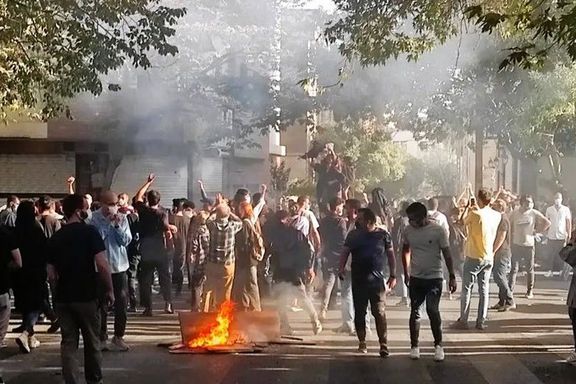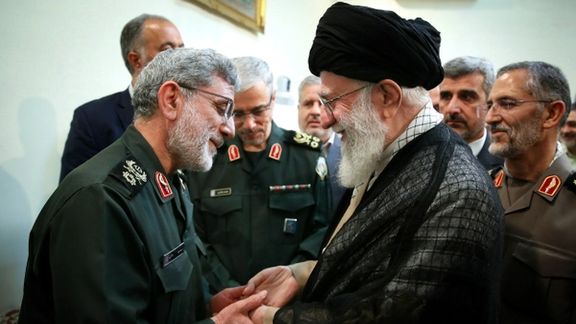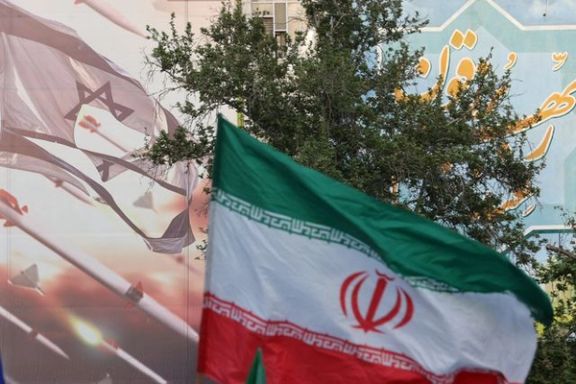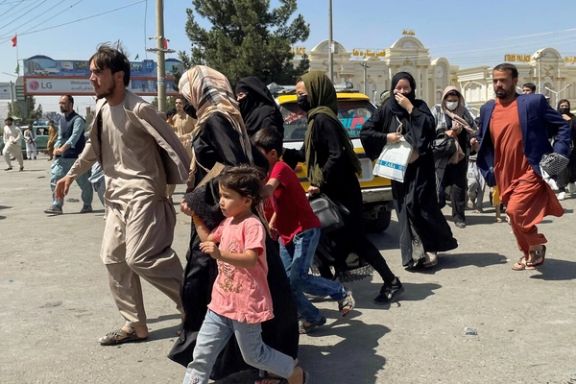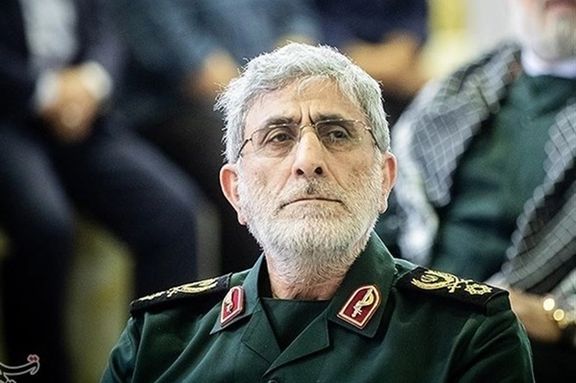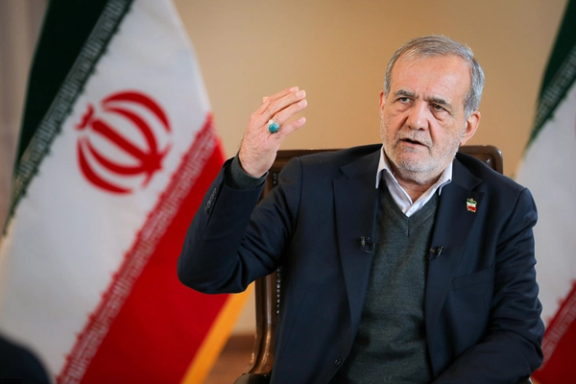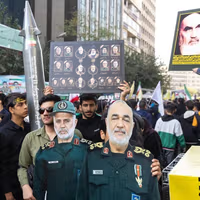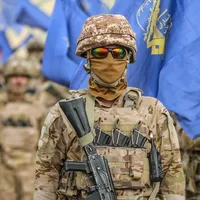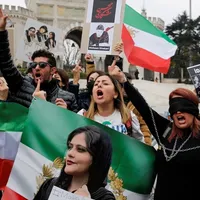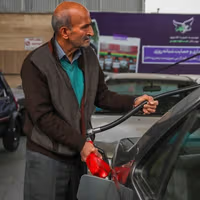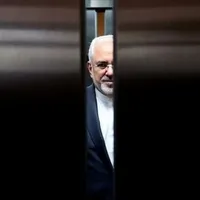Although his deputy stated on Monday that Ismail Qa’ani is safe, the IRGC's public relations department has remained silent, releasing no official updates. Also, Tasnim News affiliated with the IRGC stated on Monday that Qa’ani sent a letter on the occasion of Hamas’s October 7 attack. However, according to Iran International sources, even his family was unaware of his status as of Sunday.
There are reports suggesting that Qa’ani traveled to Lebanon and was likely with Hashem Safiuddin when Israel launched its strike. Hezbollah has also stayed quiet on the outcome of this bombing, following a similar pattern as with Hassan Nasrallah, where the group only confirmed his safety 24 hours after an earlier Israeli bombardment.
Two Iranian officials told Reuters that Qa’ani traveled to Lebanon after Hassan Nasrallah was killed and has not been heard from since the recent Israeli attacks on southern Beirut. In response to a question about the status of Ismail Qa’ani, Mahmoud Qomati, a member of the political council of Lebanon's Hezbollah said: "I have no information."
Bragging vs. silence
The Islamic Republic is quick to publicize events it deems successful, often broadcasting them live. For instance, Friday prayers and war room directives to attack Israel are shown on state media, with foreign coverage re-aired on Farsi outlets. However, when incidents result in failure or embarrassment, the propaganda machine remains silent. A clear example is the conflicting reports following the crash of former President Ebrahim Raisi's helicopter, which remained unclear for 24 hours. Similarly, after the IRGC downed Ukrainian flight PS752, it took three days for officials to admit responsibility, despite their initial denials.
This model of no-information or disinformation has had a history in other totalitarian regimes. The Soviet government closed all channels of information about the Chornobyl nuclear reactor explosion for days in 1986. The Soviet government issued top-secret orders to classify all data related to the accident, especially information about the health of the affected population.
What does this behavior tell us about the propaganda apparatus of totalitarian and authoritarian regimes and even authoritarian parties in democratic systems?
People have no right to know
In authoritarian and totalitarian regimes, those in power often view government and public information as their exclusive property, treating the act of sharing information with citizens as a discretionary privilege rather than a fundamental duty. These systems routinely deny citizens the right to access details about government actions and decisions. For example, Ali Khamenei and the IRGC oversee vast economic enterprises, yet they consistently withhold financial statements, refusing to disclose their annual income and expenditures to the public.
In the Islamic Republic, people do not have the right to know what the officials do in their jobs. The Iranians have been curious why Ismail Qa’ani has been absent from the public arena, including the high-profile Friday prayer on October 4, led by Khamenei. The Revolutionary Guards did not provide any information about his whereabouts if he was with Sheikh Safiuddin during the attack on the Hezbollah building.
Internet disruption and low-quality connection in Iran, which constantly occurs in the conditions of a popular uprising, is to cut off the communication of political activists. In non-protest conditions, it is to prevent information-sharing on social networks, which today about 60 million smartphone owners use to get information. On October 6th, there was an Internet disruption by major providers in the country.
Why the government’s non-information policy?
The Islamic Republic does not consider information a tool to gain public trust. Four reasons can be mentioned for the Islamist government’s misinformation and disinformation policy:
1. Fear of public reactions: The government is wary of public celebrations or displays of enthusiasm following certain news events. Opponents have often reacted in stark contrast to the regime's sentiments—mourning when the government celebrates, as in the aftermath of 9/11, and celebrating when the government mourns, such as during rumors of Nasrallah's death. To control public sentiment, the government delays releasing information until emotions subside. For instance, news of Raisi's helicopter crash was announced early in the morning possibly to minimize potential celebrations. It was even falsely reported that his motorcade continued to Tabriz after an emergency landing to downplay the incident.
2. Fear of rebellion: The government fears that any display of weakness could spark rebellion, knowing that millions of Iranians are ready to rise up against the government. Major events, like Mahsa Amini’s murder, or any significant blow to the government, could act as a trigger. To avoid this, the authorities suppress information that might fuel dissent.
3. Spreading rumors to pollute public discourse: By withholding information, authorities create a vacuum filled with rumors, causing confusion and distrust. This tactic is aimed at undermining the credibility of foreign Persian-language media and social networks. Over the past 45 years, public officials have not only ignored the spread of rumors but have at times actively fueled them. Some government-affiliated or pseudo-independent outlets even have dedicated "rumor" columns.
4. Overloading the media space: The Islamic Republic uses its vast network of state-controlled outlets to flood the news sphere with contradictory messages. This deliberate saturation leaves the public bewildered and uncertain, making it easier for the government to evade accountability. The conflicting narratives serve to confuse rather than inform, reducing the possibility of coherent opposition.
